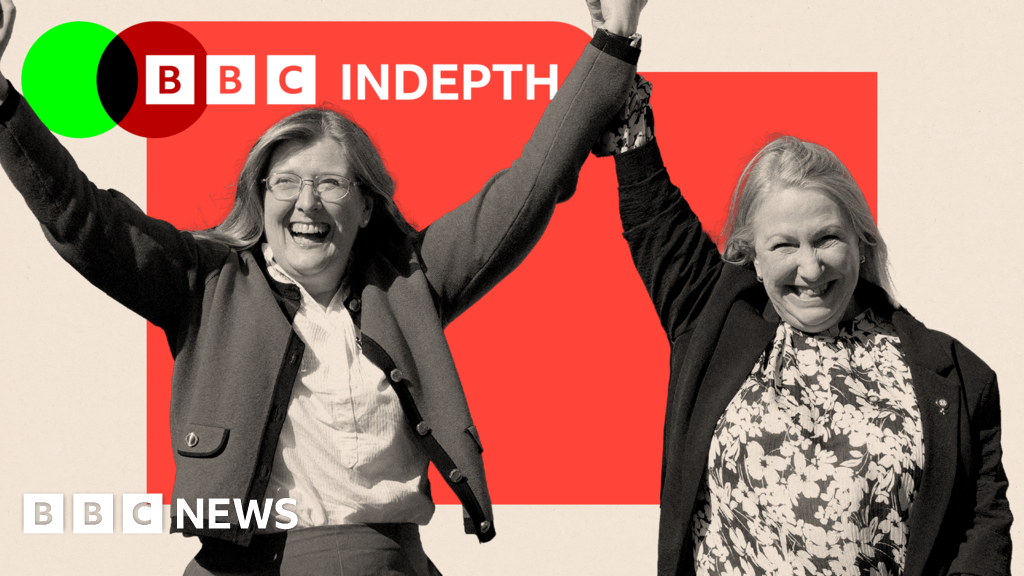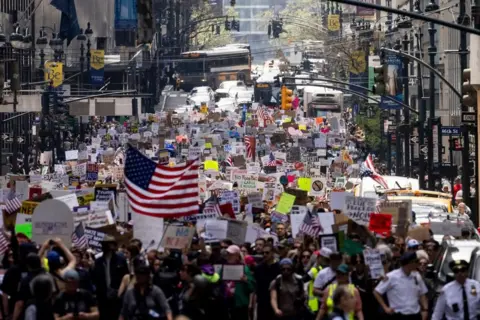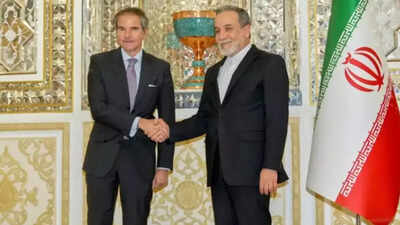Trump Intensifies Criticism of Fed Chair Powell Amid Rising Economic Tensions

On Friday, President Donald Trump escalated his ongoing criticism of Federal Reserve Chair Jerome Powell, reflecting a growing discontent from the White House regarding the economic policies overseen by the Fed leader. During an afternoon session with reporters, Trump highlighted instances of declining prices as a justification for his stance on interest rates.
Trump stated, "If we had a Fed Chairman that understood what he was doing, interest rates would be coming down, too. He should bring them down." This assertion underscores Trumps persistent argument that lower interest rates would stimulate economic growth and ease financial pressures on consumers and businesses alike.
In recent days, the White House's criticism of Powell has intensified, with economic adviser Kevin Hassett indicating that Trump and his administration are weighing the possibility of removing the Fed chair. "The president and his team will continue to study that matter," Hassett remarked in response to a question about whether firing Powell is a viable option now, as opposed to previous discussions. Powell has publicly asserted that he cannot be dismissed legally and has intentions of fulfilling his term, which extends until May 2026.
On the social media platform Truth Social, Trump expressed his frustration, proclaiming that Powell's termination "cannot come fast enough." He further referred to Powell by the moniker "Too Late," a continuation of Trump's penchant for assigning satirical nicknames to his political opponents. This particular choice of words has led to speculation regarding whether Trump was indeed indicating a desire for Powell's premature removal from office.
Hassett elaborated that the administration would explore whether new legal interpretations might provide grounds for Powells dismissal. The escalating tensions stem in part from Powells comments earlier in the week, where he suggested that Trumps controversial tariff strategies could potentially exacerbate inflation concerns, complicating the Fed's objectives of maintaining both high employment and price stability.
In his remarks to the Economic Club of Chicago, Powell stated, "We may find ourselves in the challenging scenario in which our dual-mandate goals are in tension. If that were to occur, we would consider how far the economy is from each goal and the potentially different time horizons over which those respective gaps would be anticipated to close." He emphasized the Fed's cautious approach, indicating that they are prepared to wait for greater clarity before making adjustments to their monetary policy.
Currently, the Federal Open Market Committee has established the borrowing rate within a range of 4.25% to 4.5%, where it has remained since December. Market expectations, as indicated by CME's FedWatch tool, suggest over a 90% probability that the central bank will maintain this rate at its upcoming policy meeting.
Amidst Trump's mounting critiques, some Democratic leaders have voiced their concerns. Senator Elizabeth Warren (D-Mass.) warned on Thursday that a presidential decision to fire the Fed chair could have catastrophic implications for U.S. financial markets. On CNBC, she stated, "Understand this: If Chairman Powell can be fired by the president of the United States, it will crash markets in the United States." This statement highlights the significant apprehension among lawmakers regarding the potential ramifications of political interference in the Fed's operations.



























